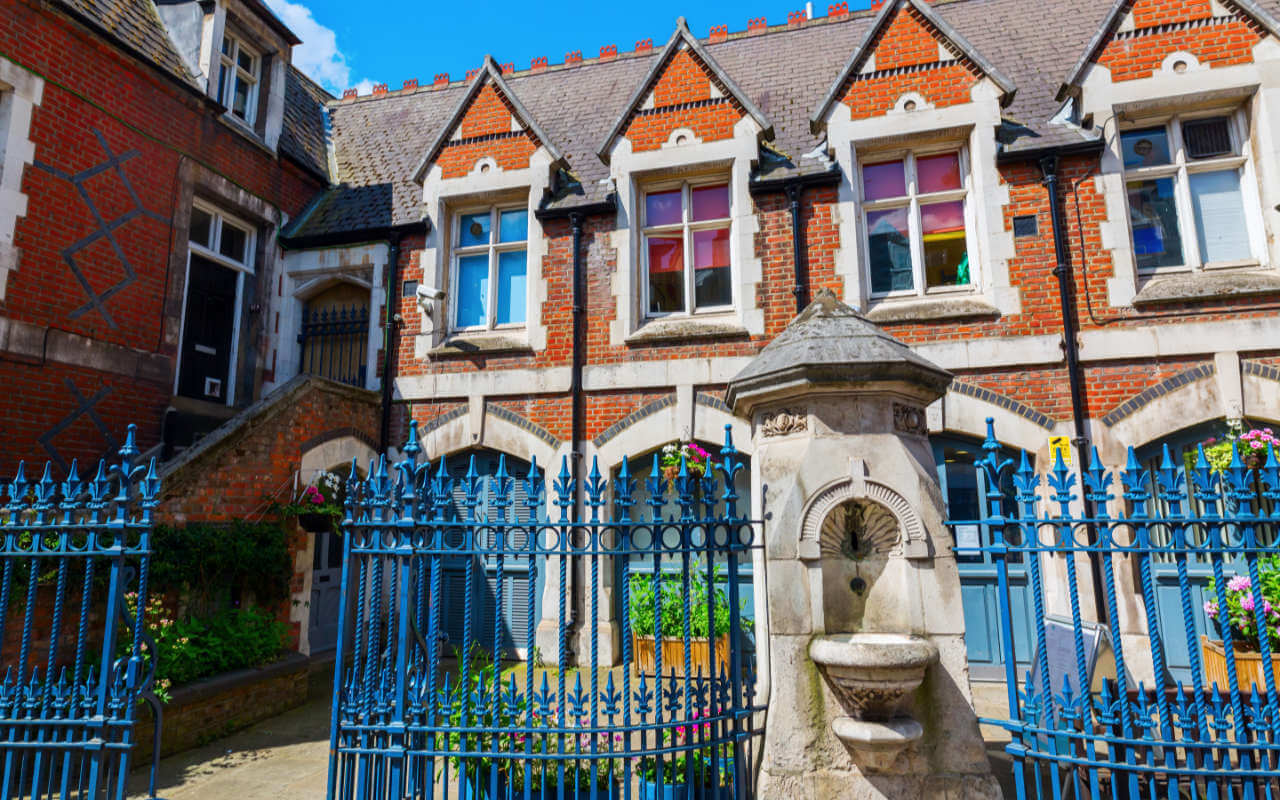If a maintained school has a deficit before academy conversion this means the school is operating at a financial loss as its spending exceeds its income.
In light of the DfE guidance issued in January 2024 regarding surplus and deficit balances an Academy Trust will need to consider how the deficit will be treated on conversion.
If the school is converting voluntarily (i.e. there is no directive academy order/sponsor) the LA is compensated by the DfE for the pre-conversion deficit balance. The DfE reimburses the LA and recovers the money back from the academy through GAG reduction. The DfE has to ensure the amount due is a true reflection of what is owed and will only pay once the amount is agreed between the parties.
The Academy Trust essentially inherit the financial impact of the deficit as the funding is reduced accordingly over time.
If a school is concerned that the deficit may prevent conversion, but the school is not eligible for intervention or to be treated as a sponsored academy it is open to the LA to the agree to absorb part or all of the deficit rather than insist on it being repaid by the school.
For sponsored conversion the deficit will remain with the LA. The LA can apply to charge this cost to its Dedicated Schools Grant (DSG) but this is a matter for the LA and not the Academy Trust.
Before proceeding with conversion the Academy Trust should:
- verify the actual deficit figure with the LA and ensure this is agreed and documented;
- obtain confirmation from the DfE as to whether the conversion will involve reduction of the GAG;
- consider the financial impact of the expected GAG reduction to assess how it will impact after conversion in terms of cash flow and operational financial planning;
- clarify the timeline and repayment terms for the GAG reduction to see if this will be phased over time;
- check if there is scope to negotiate any support or mitigation measures with the DfE; and
- document the understanding via the CTA.
To summarise, the deficit may not transfer in accounting terms, but it will likely result in an equivalent financial impact through GAG reduction. It is imperative that the Trust enter a conversion with a full understanding of the deficit, how it will be recovered and how can this be planned for operationally.
Certain Exceptions
If a school is not funded via GAG (for example as is the case for many residential special schools who operate a fee-based model) the above may not apply as there is no GAG to reduce.
The DfE, LA and Academy Trust will need to agree on how the deficit is handled. Since there is no GAG to reduce alternative mechanisms may need to be agreed (i.e. repayment or bespoke terms).
In such cases the deficit may then remain with the LA or some bespoke terms may be agreed between the parties. It is best for the Academy Trust to seek clarity as early as possible in the process, request written confirmation from the LA and DfE regarding how pre-conversion deficit will be treated especially in the absence of GAG funding and then ensure this is fully documented and clarified in the CTA how the liabilities and transitional financial support will be handled.



